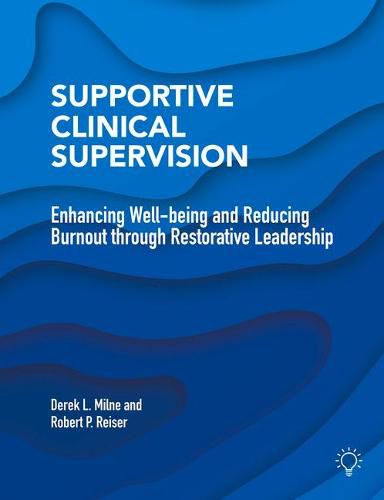Readings Newsletter
Become a Readings Member to make your shopping experience even easier.
Sign in or sign up for free!
You’re not far away from qualifying for FREE standard shipping within Australia
You’ve qualified for FREE standard shipping within Australia
The cart is loading…






Supportive clinical supervision provides healthcare workers with a safe, confidential space to discuss the impact of work pressures, process challenging emotional aspects of their roles and reflect on work-life balance. While it is widely accepted as an effective means to maintain well-being and boost resilience, the availability of supportive supervision in practice is often haphazard or superficial. Tackling this important issue, Supportive Clinical Supervision offers a complete, practical account of how the restorative and supportive power of evidence-based clinical supervision can prevent burnout, promote well-being, improve workplaces and contribute to better outcomes across healthcare and beyond. The authors propose an evidence-based ‘support model’ to capture and understand the many and complex ways in which people and workplaces interact, then consider a range of ways in which improvements can be made at individual and systemic levels.
$9.00 standard shipping within Australia
FREE standard shipping within Australia for orders over $100.00
Express & International shipping calculated at checkout
Supportive clinical supervision provides healthcare workers with a safe, confidential space to discuss the impact of work pressures, process challenging emotional aspects of their roles and reflect on work-life balance. While it is widely accepted as an effective means to maintain well-being and boost resilience, the availability of supportive supervision in practice is often haphazard or superficial. Tackling this important issue, Supportive Clinical Supervision offers a complete, practical account of how the restorative and supportive power of evidence-based clinical supervision can prevent burnout, promote well-being, improve workplaces and contribute to better outcomes across healthcare and beyond. The authors propose an evidence-based ‘support model’ to capture and understand the many and complex ways in which people and workplaces interact, then consider a range of ways in which improvements can be made at individual and systemic levels.